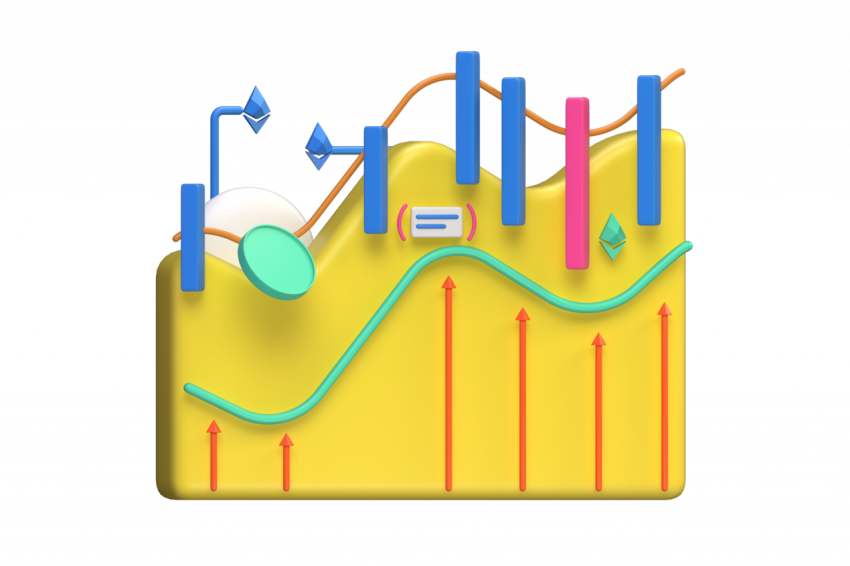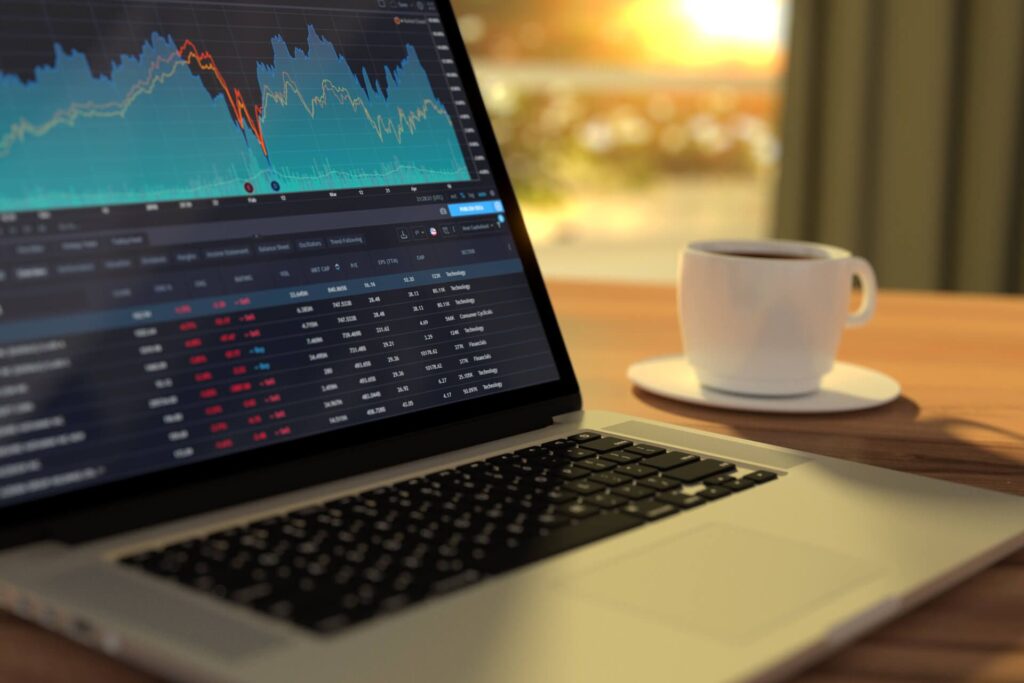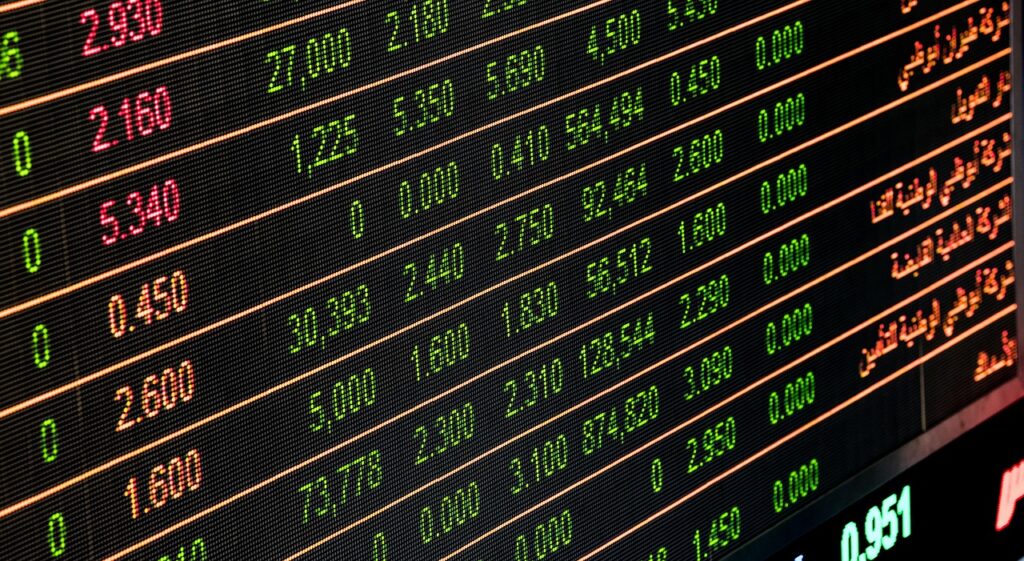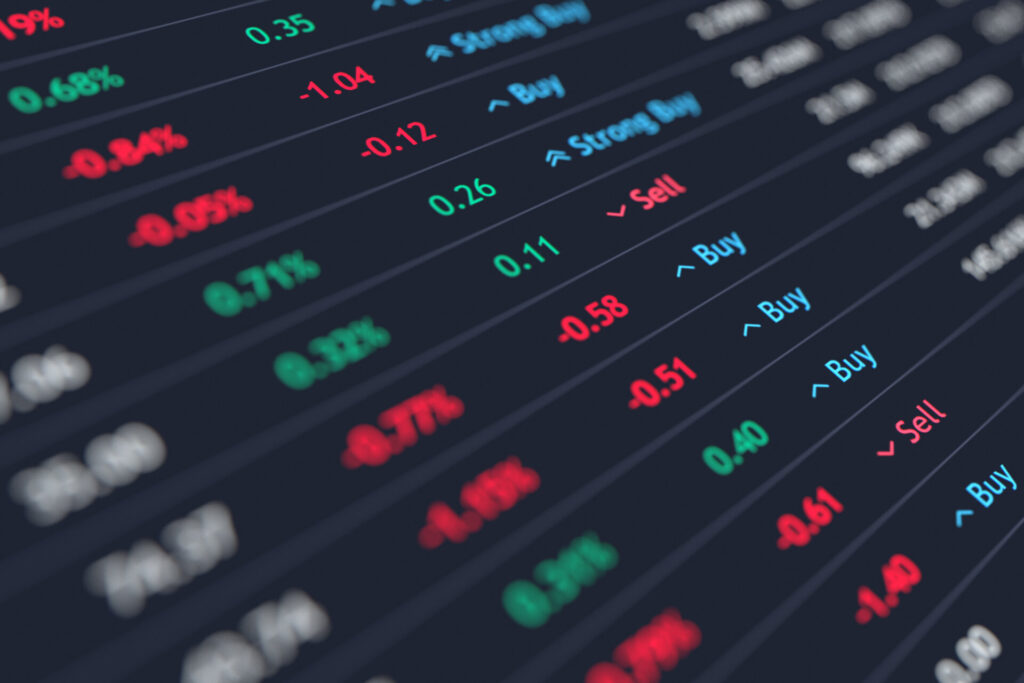
Online trading has revolutionized the way individuals invest and manage their finances.
With a plethora of options available, it’s crucial to understand the different types of online trading to choose the one that suits your financial goals and risk tolerance. Let’s dive into the diverse world of online trading and explore the various types available.

Types of Online Trading
Stock Trading
Stock trading involves buying and selling shares of publicly traded companies. It is one of the most popular forms of online trading.
Day Trading
Day trading is the practice of buying and selling stocks within the same trading day. Day traders capitalize on small price movements and aim to make quick profits. This type of trading requires a good understanding of the market and quick decision-making skills.
Swing Trading
Swing trading involves holding stocks for several days or weeks to capitalize on expected upward or downward market shifts. Swing traders use technical analysis to identify trading opportunities and often combine it with fundamental analysis to make informed decisions.
Position Trading
Position traders hold stocks for longer periods, ranging from several months to years. This type of trading focuses on the long-term growth potential of companies and relies heavily on fundamental analysis.
Scalping
Scalping is a high-frequency trading strategy where traders make numerous small trades to profit from tiny price fluctuations. Scalpers need to be highly disciplined and use sophisticated tools to execute trades quickly.
Forex Trading
Forex trading, or foreign exchange trading, involves buying and selling currencies. It’s the largest financial market in the world.
Major Currency Pairs
Major currency pairs involve the most traded currencies like the USD, EUR, JPY, GBP, and CHF. These pairs offer high liquidity and lower volatility, making them popular among forex traders.

Minor Currency Pairs
Minor currency pairs do not include the USD but involve other significant currencies like EUR/GBP or EUR/AUD. They have lower liquidity compared to major pairs but can offer profitable opportunities.
Exotic Currency Pairs
Exotic currency pairs involve a major currency paired with a currency from a developing or emerging market, such as USD/TRY or EUR/ZAR. These pairs are less liquid and more volatile, providing high-risk, high-reward opportunities.
Forex Scalping
Forex scalping is a strategy where traders make multiple trades within a day to profit from minor price changes. It requires quick reflexes and a thorough understanding of the forex market.
Options Trading
Options trading involves buying and selling options contracts, which give the right but not the obligation to buy or sell an underlying asset at a predetermined price.
Call Options
A call option gives the holder the right to buy an asset at a specified price before a certain date. Traders use call options when they expect the price of the underlying asset to rise.

Put Options
A put option gives the holder the right to sell an asset at a specified price before a certain date. Put options are used when traders anticipate a decline in the asset’s price.
Day Trading Options
Day trading options involve buying and selling options contracts within the same trading day. This strategy is used to take advantage of short-term price movements.
Swing Trading Options
Swing trading options involves holding options contracts for several days or weeks. Traders aim to benefit from expected price swings of the underlying asset.
Futures Trading
Futures trading involves buying and selling futures contracts, which obligate the buyer to purchase an asset or the seller to sell an asset at a predetermined future date and price.
Commodity Futures
Commodity futures are contracts to buy or sell a specific quantity of a commodity like gold, oil, or wheat at a predetermined price on a future date.
Financial Futures
Financial futures involve contracts for financial instruments such as bonds or interest rates. They are used by traders to hedge against market fluctuations or speculate on price changes.

Currency Futures
Currency futures are standardized contracts to buy or sell a specific currency at a future date. They are used to hedge against currency risk or to speculate on currency movements.
Index Futures
Index futures are contracts based on a stock market index like the S&P 500. Traders use them to speculate on the direction of the index or to hedge against potential losses in a portfolio.
Cryptocurrency Trading
Cryptocurrency trading involves buying and selling digital currencies like Bitcoin, Ethereum, and many others.
Bitcoin Trading
Bitcoin trading focuses on the largest and most well-known cryptocurrency, Bitcoin. Traders can profit from the volatility and liquidity of Bitcoin.
Altcoin Trading
Altcoin trading involves other cryptocurrencies besides Bitcoin, such as Ethereum, Ripple, and Litecoin. Altcoins often have different market dynamics and can offer diverse trading opportunities.
Day Trading Cryptocurrencies
Day trading cryptocurrencies involves making multiple trades within a day to take advantage of short-term price movements in the crypto market.
HODLing
HODLing is a strategy where traders buy cryptocurrencies and hold onto them for a long period, regardless of market fluctuations, with the belief that their value will increase significantly over time.

CFD Trading (Contracts for Difference)
CFD trading involves speculating on the price movements of various financial instruments without actually owning the underlying asset.
Stock CFDs
Stock CFDs allow traders to speculate on the price movements of stocks without owning the actual shares. This provides an opportunity to profit from both rising and falling markets.
Commodity CFDs
Commodity CFDs involve trading contracts based on commodities like gold, oil, and silver. Traders can gain exposure to commodity markets without needing to own physical commodities.
Index CFDs
Index CFDs are contracts based on stock market indices. Traders can speculate on the overall movement of the market rather than individual stocks.
Forex CFDs
Forex CFDs involve trading contracts based on currency pairs. This allows traders to speculate on currency movements without dealing directly in the forex market.
Social Trading
Social trading allows traders to follow and copy the trades of experienced and successful traders.
Copy Trading
Copy trading enables traders to automatically copy the trades of selected investors. This is ideal for beginners who want to leverage the expertise of seasoned traders.
Mirror Trading
Mirror trading involves replicating the trading strategies of successful traders. Unlike copy trading, it focuses on mimicking entire trading strategies rather than individual trades.

ETF Trading (Exchange-Traded Funds)
ETF trading involves buying and selling shares of ETFs, which are investment funds traded on stock exchanges.
Stock ETFs
Stock ETFs track a particular index or sector of the stock market. They provide diversification and can be traded like regular stocks.
Bond ETFs
Bond ETFs invest in a portfolio of bonds. They offer a way to gain exposure to the bond market with the flexibility of trading on an exchange.
Commodity ETFs
Commodity ETFs invest in commodities like gold, oil, or agricultural products. They provide a way to invest in commodities without needing to buy physical assets.
Sector and Industry ETFs
Sector and industry ETFs focus on specific sectors or industries, such as technology or healthcare. They allow traders to target specific areas of the market.
Binary Options Trading
Binary options trading involves predicting whether the price of an asset will be above or below a certain level at a specific time.
Up/Down (Call/Put) Options
Up/Down options are the simplest form of binary options, where traders predict if the price will rise or fall.
One Touch Options
One Touch options involve predicting if the price of an asset will reach a specific level at least once before the option expires.
Range Options
Range options require traders to predict if the price will remain within a certain range for a specified period.
Peer-to-Peer (P2P) Trading
P2P trading involves direct transactions between individuals without intermediaries.
Crypto P2P Trading
Crypto P2P trading allows individuals to buy and sell cryptocurrencies directly with each other. This can offer better rates and more privacy.
P2P Lending
P2P lending involves individuals lending money to others through online platforms. Investors can earn interest, and borrowers can access funds without traditional banks.

Algorithmic Trading
Algorithmic trading uses computer algorithms to execute trades based on pre-set criteria.
High-Frequency Trading
High-frequency trading involves executing a large number of orders at extremely high speeds. It requires advanced technology and significant financial resources.
Low-Frequency Trading
Low-frequency trading uses algorithms to execute trades over longer periods. It focuses on strategic trades rather than high-speed execution.
Spread Betting
Spread betting involves betting on the price movement of a financial instrument without owning the underlying asset.
Financial Spread Betting
Financial spread betting allows traders to speculate on the price movement of financial instruments like stocks, indices, or currencies.
Sports Spread Betting
Sports spread betting involves betting on the outcome of sports events. It’s popular in countries where traditional sports betting is regulated.
Conclusion
Understanding the various types of online trading is essential for anyone looking to venture into the world of investing. Each type has its own set of characteristics, risks, and rewards. By choosing the right trading method that aligns with your financial goals and risk tolerance, you can navigate the market more effectively and increase your chances of success.
FAQs
What is the most popular type of online trading? Stock trading is often considered the most popular type of online trading due to its long-established market and widespread availability.
How do I start online trading? To start online trading, choose a reputable broker, open an account, deposit funds, and begin researching and trading in your chosen market.
What is the best type of trading for beginners? ETF trading and stock trading are generally recommended for beginners due to their relative stability and lower risk compared to other types of trading.
Are there any risks associated with online trading? Yes, online trading involves risks such as market volatility, liquidity issues, and the potential for significant financial losses.
Can I make a living through online trading? While it is possible to make a living through online trading, it requires a deep understanding of the markets, a solid strategy, and significant risk management.


